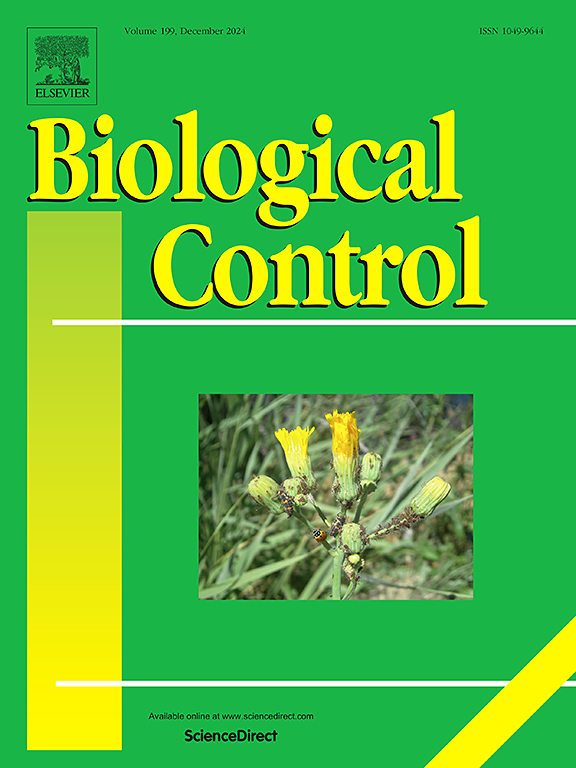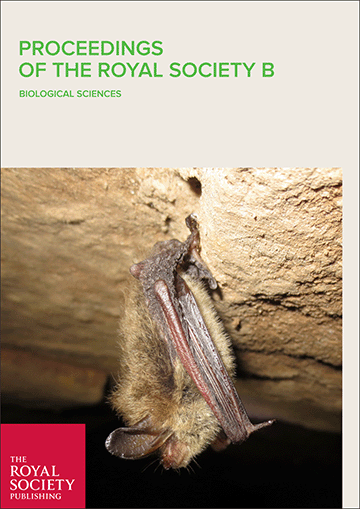Berau district has been one of East Kalimantan's largest sources of timber since the mid-1980s. Until the fall of the Suharto regime in 1998, most of the district's formal timber production was conducted by large-scale HPH concession holders, and the vast majority of the fiscal revenues generated flowed to the national government. Over the last several years, considerable volumes of logs have also been harvested illegally both by timber concessionaires and by small-scale manual loggers. Following the onset of Indonesia's regional autonomy and decentralization processes in late 1998, district officials moved aggressively to establish greater administrative control over the forest resources within their jurisdiction. They did so by allocating large numbers of small-scale forest conversion licenses, known as IPPK permits. Many of these were assigned to ‘foundations' established by local entrepreneurs to coordinate the creation of logging ventures with village cooperatives and other community groups in parts of Berau with valuable stands of timber. When the central government pressured district governments to stop issuing IPPK permits within the officially designated ‘Forest Estate' in late 2000, Berau officials shifted tactics and began allocating a new type of logging permit, nown as IPKTM, in forested areas where individuals or community groups held titles of ownership or other types of land certificates. District officials have also pressured PT Inhutani I, the state forestry enterprise owned by the central government, and other HPH concession holders to enter into equity partnerships with the district government. This has given the district government a direct stake in protecting the operations of HPH concession holders, and Berau's bupati has publicly discouraged local stakeholders from making claims against the companies—a phenomenon that has been common in much of East Kalimantan. In cases where local communities have made such claims, the district government has generally encouraged the various parties to negotiate a peaceful solution to the dispute without outside mediation. In many cases, this process has led HPH holders to relinquish small portions of their concessions to community groups and to make modest compensatory payments. However, such agreements have frequently provided uncertain benefits for the communities' long-term livelihoods, as they are structured as short-term fixes rather than a fundamental restructuring of the company-community relationship that was established during the New Order period.
Download:
DOI:
https://doi.org/10.17528/cifor/001470
Pontuação Altmetric:
Dimensões Contagem de citações:




















